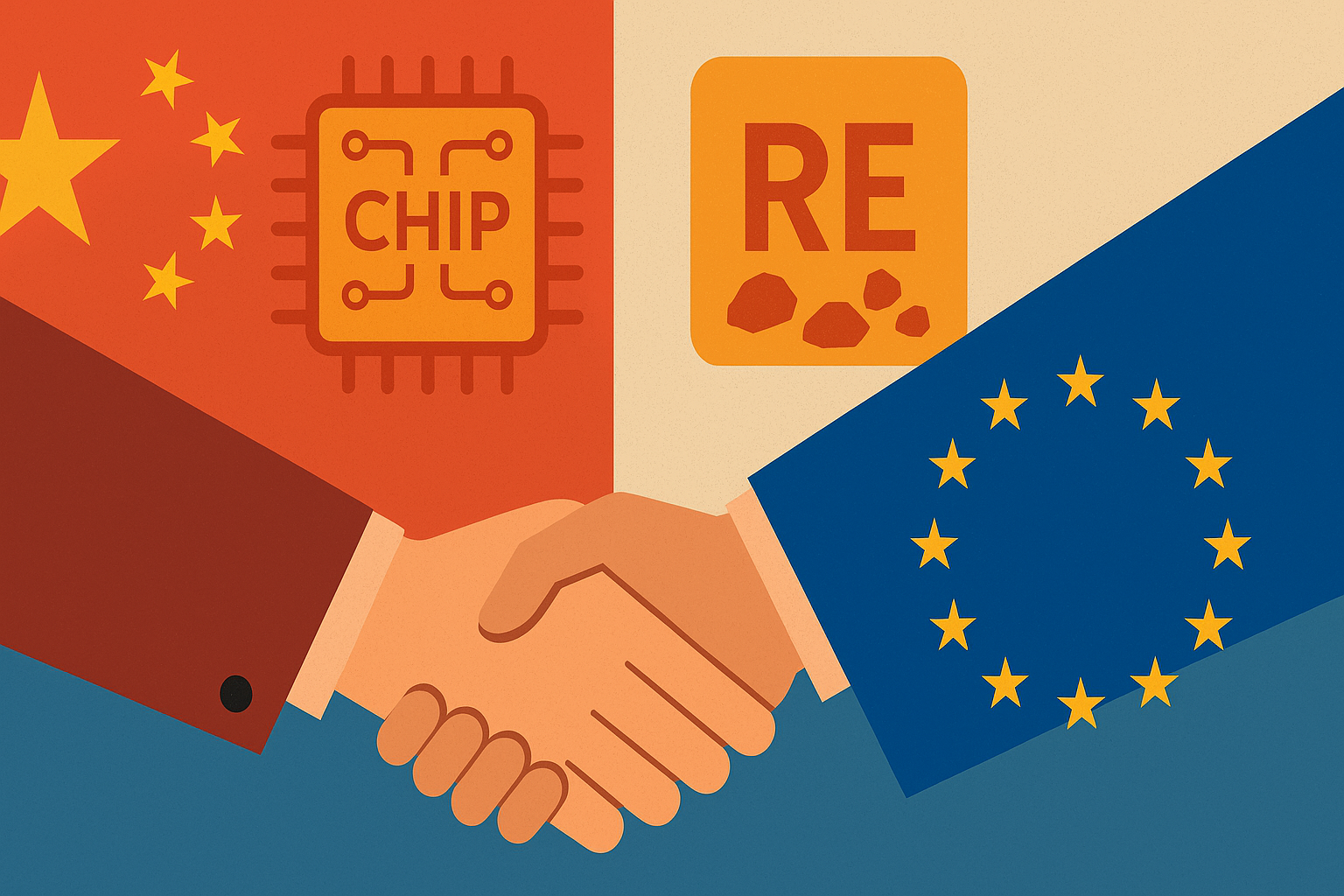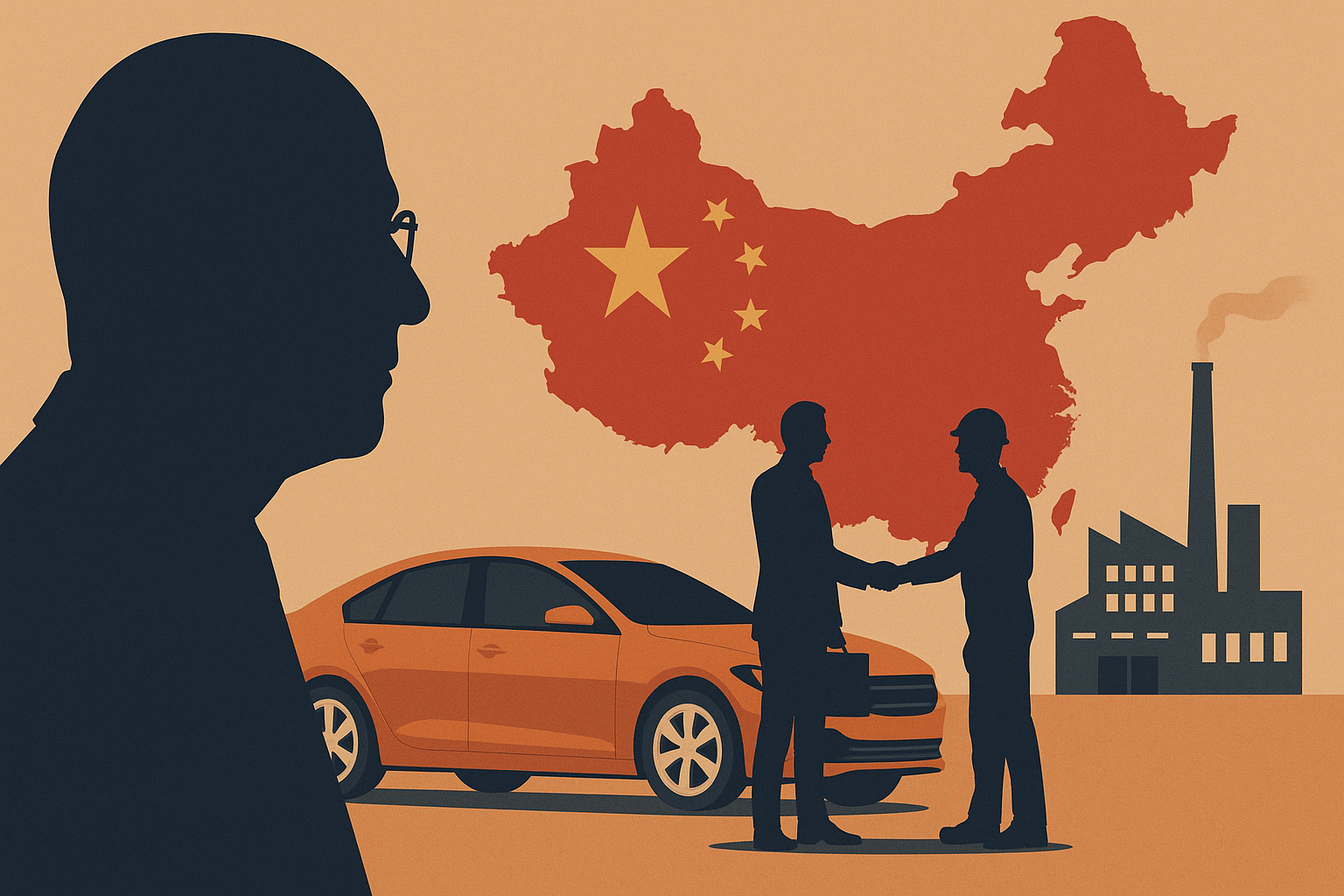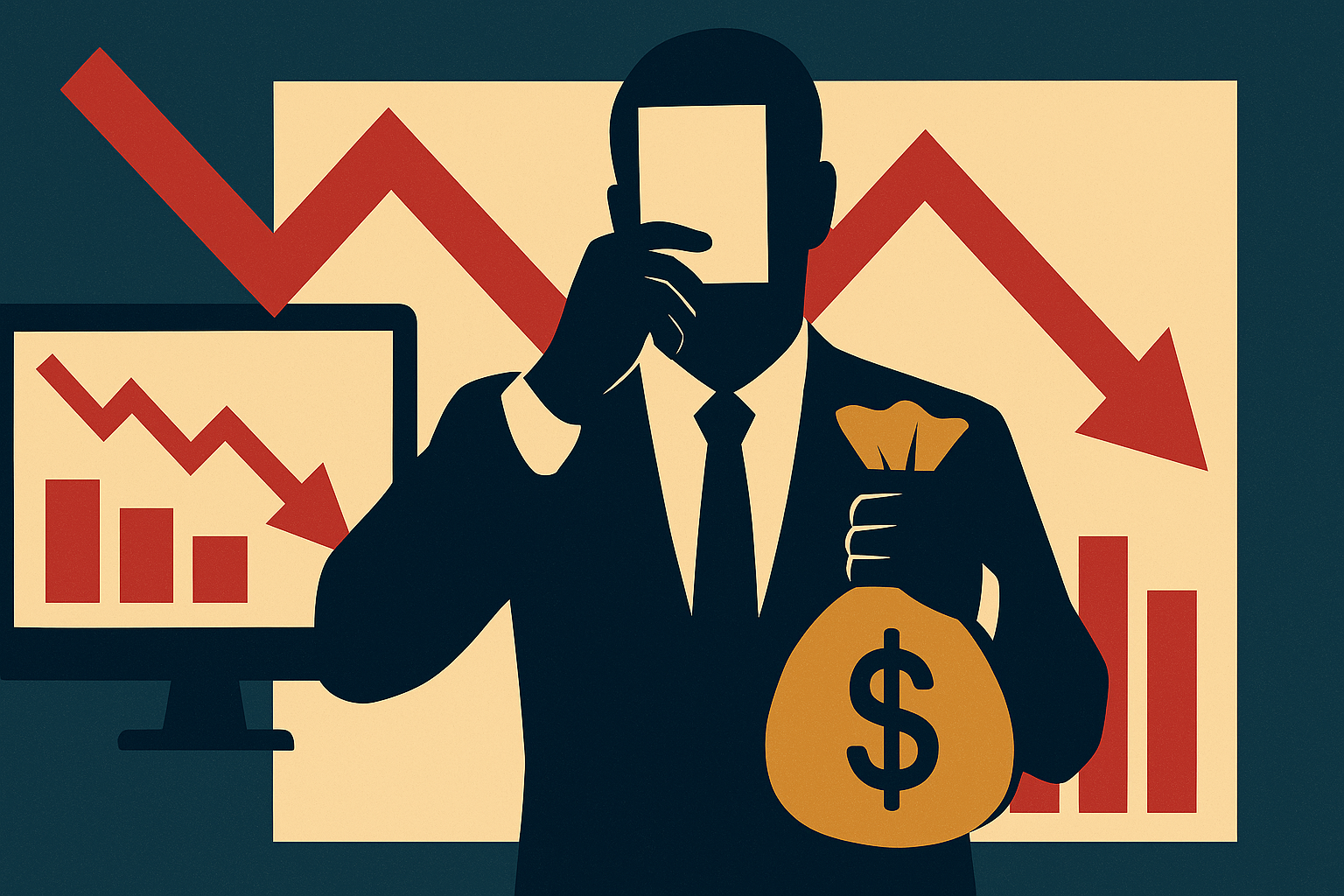European Union officials are urgently working to defuse a growing trade dispute with China over rare earth minerals and semiconductor exports, as the bloc finds itself caught between escalating tensions between Beijing and Washington. The diplomatic push comes amid fears that supply disruptions could harm key European industries, from electric vehicles to defense manufacturing.
Escalating Trade Tensions
China recently imposed sweeping export restrictions on rare earth elements — critical materials used in technologies such as batteries, wind turbines, and fighter jets — in response to U.S. trade measures. The move has intensified global concerns over Beijing’s control of vital supply chains.
The situation worsened after the Netherlands seized control of chipmaker Nexperia from its Chinese parent company, prompting China to impose its own export curbs on semiconductors produced there. These retaliatory actions have alarmed European automakers and electronics manufacturers that depend heavily on Nexperia’s chips.
EU Diplomatic Efforts
According to European Commission spokesperson Olof Gill, a Chinese delegation of high-level technical experts is expected in Brussels this week for talks aimed at easing tensions. “Preparatory discussions are already underway,” Gill confirmed.
European Commission President Ursula von der Leyen announced a new initiative to boost rare earth production within Europe and diversify import sources, although details remain unclear. She also suggested that the EU could resort to its anti-coercion instrument — a legal mechanism designed to respond to trade pressure from foreign powers — if negotiations fail.
French President Emmanuel Macron reportedly supported this option during a recent European summit, reflecting growing concern across the bloc about Europe’s economic exposure to China.
Germany Calls for “Fair Trade”
German Foreign Minister Johann Wadephul travelled to Brussels for emergency consultations after cancelling a planned visit to Beijing. He warned that rising protectionism and arbitrary export restrictions threaten the global trade system and Europe’s prosperity.
“Global tariffs and trade conflicts are undermining free trade, the foundation of our prosperity,” Wadephul said. “It is crucial for European companies that we find sustainable solutions, particularly to ensure a smooth supply of rare earths and chips.”
Despite the tensions, Wadephul expressed optimism about reaching an understanding with Beijing. He emphasized that Germany and the EU remain committed to maintaining fair trade relations with China, adding that he plans to speak soon with Chinese Foreign Minister Wang Yi to arrange a follow-up visit.
U.S. officials, meanwhile, have indicated that Beijing may delay implementing its rare earth export controls following talks held in Malaysia over the weekend.
A Balancing Act for Europe
The rare earths dispute highlights the EU’s delicate position between its two largest trading partners — the United States and China. As Washington and Beijing intensify their technological and economic rivalry, Europe faces growing pressure to secure its supply chains while avoiding being drawn into a full-scale trade confrontation.
European leaders hope that diplomatic engagement and greater self-reliance in critical technologies will help prevent disruptions that could undermine the continent’s industrial competitiveness.
For now, the EU’s challenge is to maintain balance: de-escalate trade tensions with China while defending its economic interests and strategic autonomy in an increasingly fragmented global market.








